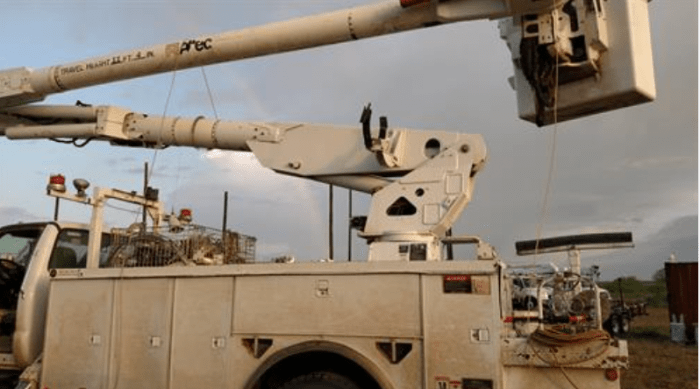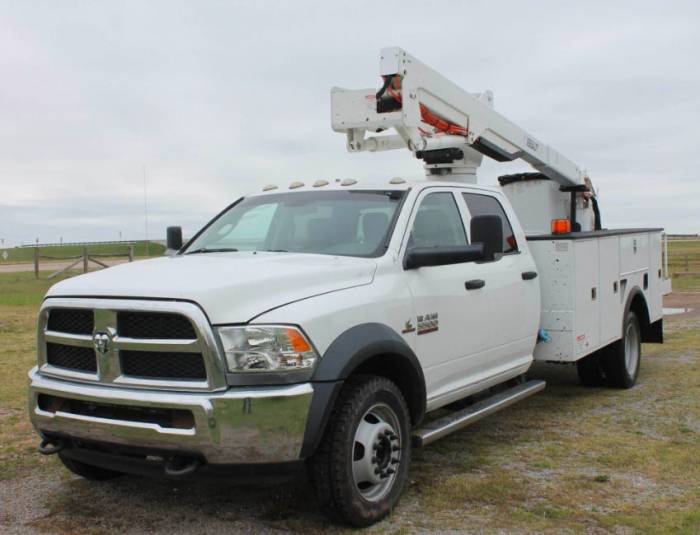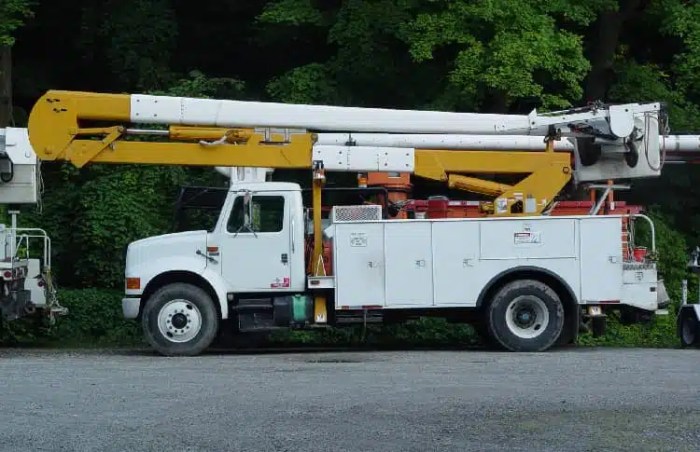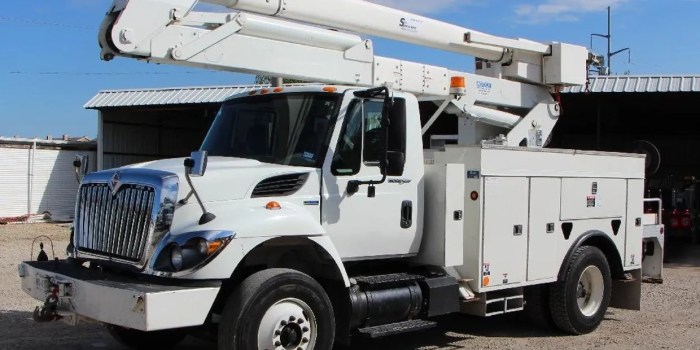Bucket truck dielectric testing near me is a critical aspect of maintaining the safety and reliability of these essential vehicles. By identifying and addressing potential electrical hazards, dielectric testing helps prevent accidents, protect personnel, and ensure the smooth operation of bucket trucks.
This comprehensive guide delves into the importance, types, preparation, interpretation, frequency, and record-keeping of bucket truck dielectric testing, providing a thorough understanding of this essential maintenance procedure.
Importance of Bucket Truck Dielectric Testing

Dielectric testing is crucial for bucket trucks to ensure the integrity and safety of their electrical systems. Neglecting dielectric testing can lead to catastrophic consequences, including electrical shocks, fires, and even fatalities.
Faulty dielectric systems have been implicated in numerous accidents and incidents. For instance, in 2019, a bucket truck operator was electrocuted after the dielectric fluid in the truck’s aerial lift failed, causing the boom to come into contact with a live power line.
Types of Bucket Truck Dielectric Tests

Various dielectric tests are commonly employed for bucket trucks, each with its specific purpose and methodology.
- Insulation Resistance Test:Measures the resistance between the electrical conductor and the ground, providing an indication of the insulation’s integrity.
- Dielectric Absorption Test:Assesses the insulation’s ability to absorb and retain charge over time, indicating its condition and potential for leakage.
- Polarization Index Test:Determines the ratio of insulation resistance after a specific time interval, providing insights into the insulation’s polarization characteristics.
Preparation for Bucket Truck Dielectric Testing
Proper preparation is essential before conducting dielectric testing on a bucket truck. The following steps should be followed:
- Grounding:Ensure that the truck is properly grounded to prevent electrical shocks.
- Safety Precautions:Wear appropriate personal protective equipment (PPE), such as rubber gloves and safety glasses.
- Qualified Personnel:Only qualified personnel should conduct the tests, as they have the necessary training and experience.
Interpretation of Dielectric Test Results
Interpreting dielectric test results is crucial for assessing the condition of the bucket truck’s electrical system.
High insulation resistance values indicate good insulation, while low values may suggest moisture contamination or insulation breakdown.
The dielectric absorption ratio should be within acceptable limits, as high values can indicate insulation deterioration.
Frequency of Bucket Truck Dielectric Testing

The recommended frequency of dielectric testing for bucket trucks depends on various factors, including:
- Usage and Environment:Trucks used frequently or in harsh environments may require more frequent testing.
- Manufacturer’s Recommendations:Follow the manufacturer’s guidelines for testing intervals.
- Industry Standards:Comply with applicable industry standards and regulations regarding testing frequency.
Record Keeping and Documentation: Bucket Truck Dielectric Testing Near Me

Maintaining accurate records of dielectric test results is vital for tracking the condition of the bucket truck’s electrical system.
Records should include the following information:
- Date and time of testing
- Test results (insulation resistance, dielectric absorption ratio, etc.)
- Any anomalies or observations
FAQ Compilation
What is the purpose of bucket truck dielectric testing?
Dielectric testing ensures the integrity of electrical insulation in bucket trucks, preventing electrical breakdowns and potential hazards.
How often should bucket trucks undergo dielectric testing?
The frequency of testing depends on factors such as usage, environmental conditions, and industry regulations. Typically, annual testing is recommended.
Who should conduct bucket truck dielectric testing?
Only qualified personnel with appropriate training and experience should perform dielectric testing on bucket trucks.